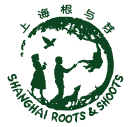Becoming a flow factional YES Mentor
Jun.7.2024
On Mar 16th, 2024, Roots and Shoots (R&S) held a 1-day training session for New York University Shanghai (NYUSH) students. We were supposed to meet at the small park near my dorm at 9.30 am.
When I arrived, the NYUSH volunteers had already started the activities. What’s so special about this training session is that in addition to the “YES mentors” from NYUSH and the teachers from R&S, some volunteers from society joined us for the training.
Later, I learned that one of them is a teacher from an international school, and another student is from Suzhou. What impressed me the most was the dedication of the girl from Suzhou, who traveled to Shanghai by train just to attend the training. Her commitment to environmental protection was truly admirable, and I am so grateful for the growth and social influence I received.
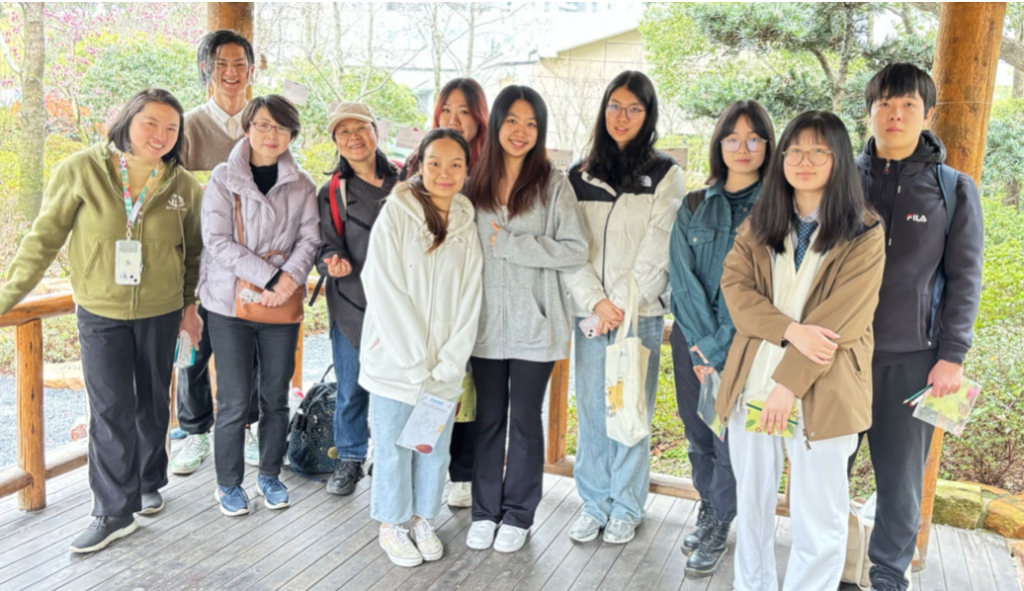
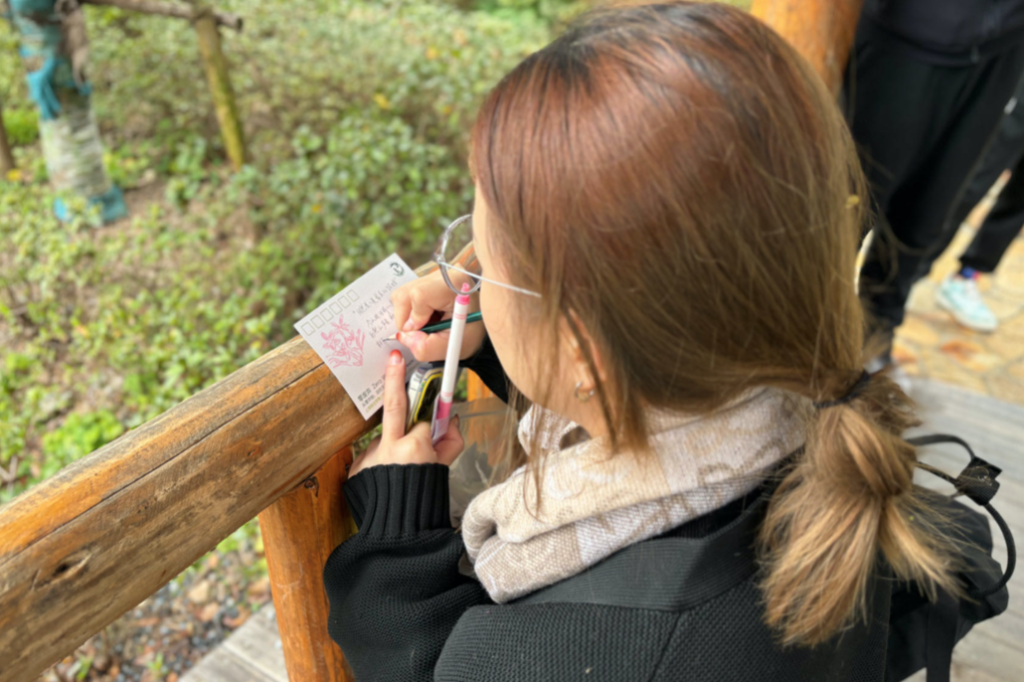

We played a treasure hunt game in that park, which involved finding natural objects according to the clues given. The highlight of this activity was that the clues did not directly specify what to collect but instead provided open-ended and inspirational instructions. As a result, everyone collected different natural objects based on their interpretation. For example, with the same clue, “find something beautiful,” some picked red flowers, while some found leaves that didn’t seem to be associated with being “beautiful.” This “different strokes for different folks” approach is worth integrating into future mentoring activities, as it gives students more room for thought. Allowing an unlikely and unforgettable experience to occur. Although the morning outdoor activities may not seem part of the training, they can provide students with more memorable experiences and help strangers bond quickly, serving as an effective icebreaker. In comparison, long lectures and other forms of “passive learning” often lead to daydreaming, especially among groups like middle school students.
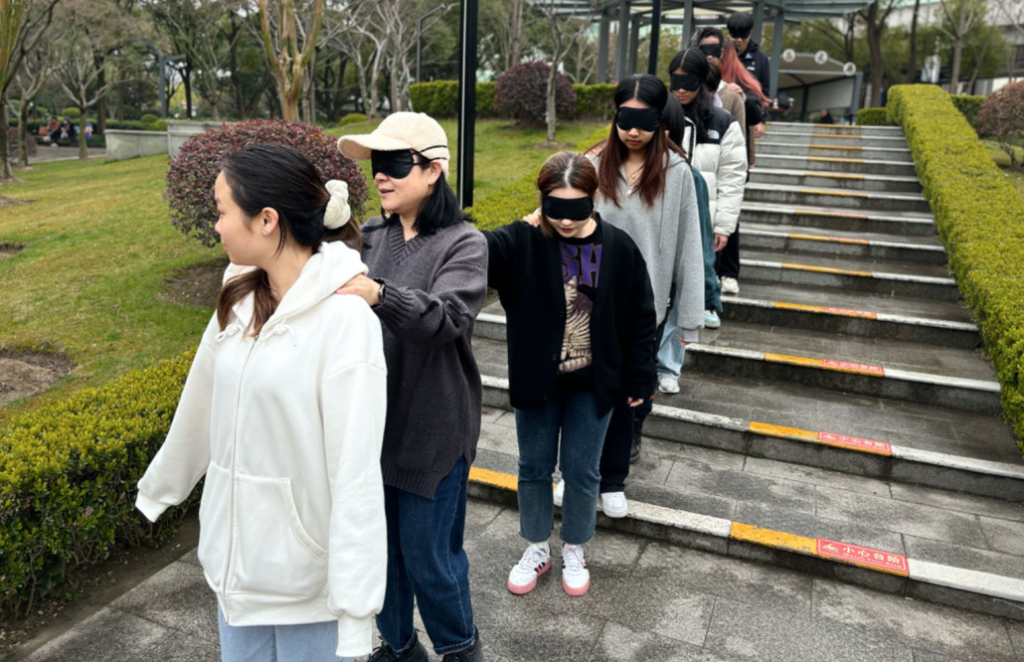
After a short lunch break, the afternoon session consisted of indoor lectures.However, everyone remained enthusiastic. Rebecca began with a paper-tearing game. Initially, we needed clarification, following her instructions to tear the paper step by step, resulting in various paper shapes. However, when we were allowed to ask questions through continuous questioning and answering, most of us managed to tear out the correct shapes. Compared to directly giving the command “encourage classmates to ask more questions,” there’s no doubt that such activities leave a more memorable impression, as they provide sufficient space for individuals to grasp the lesson from the activity themselves.
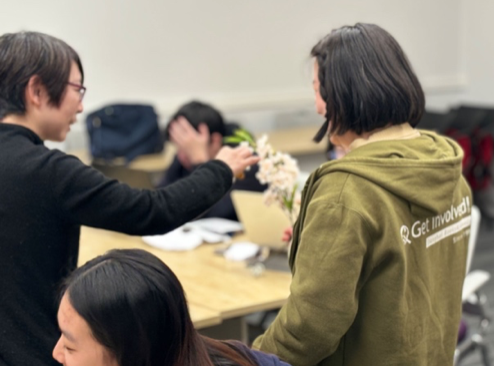
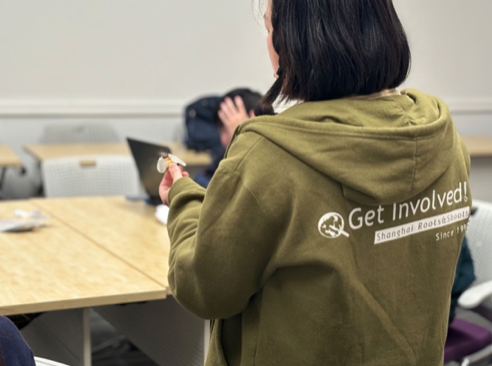
Next came the day’s highlight, where the teachers explained the “Flow Learning Method,” R&S’s principles, and founding theories, conducting a model lesson that turned abstract concepts into specific examples. Afterward, we formed teams and presented trial lectures ourselves. Compared to facing a classroom of unfamiliar students, giving lectures to volunteers who have already broken the ice is less mentally stressful. Even so, we encountered many problems during the trial lectures, such as constantly introducing concepts beyond the scope of junior high school or lacking eye contact, all pointed out by the teachers later on. Of course, there were also positive aspects, such as the experiment in “The Roots’ Bag,” where different plants were cultivated in plastic bags, and the active discussions among students in the “Future Worlds” section, which I believe will leave an unforgettable impression on junior high school students.
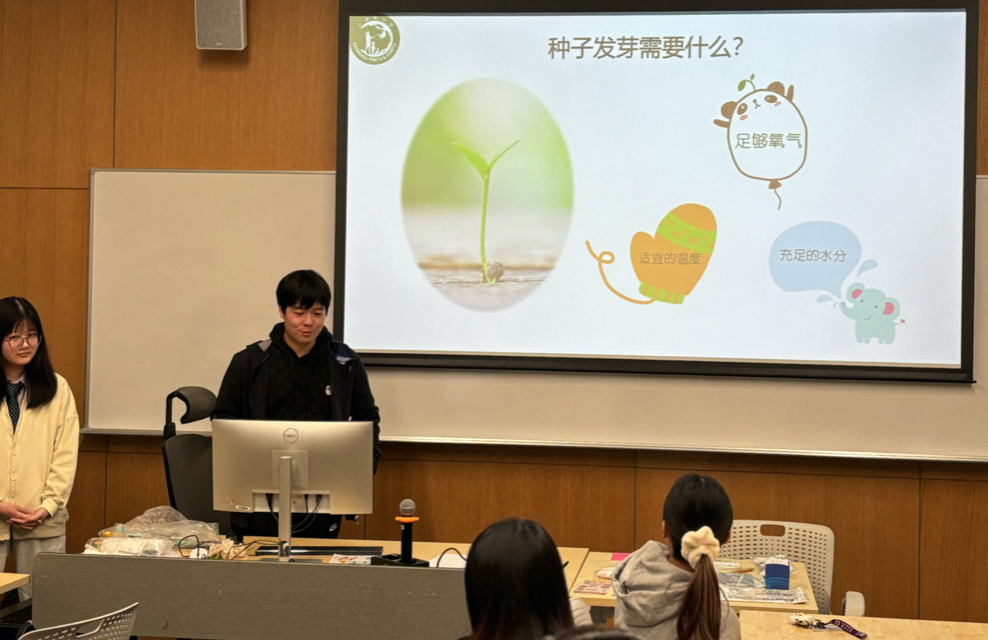
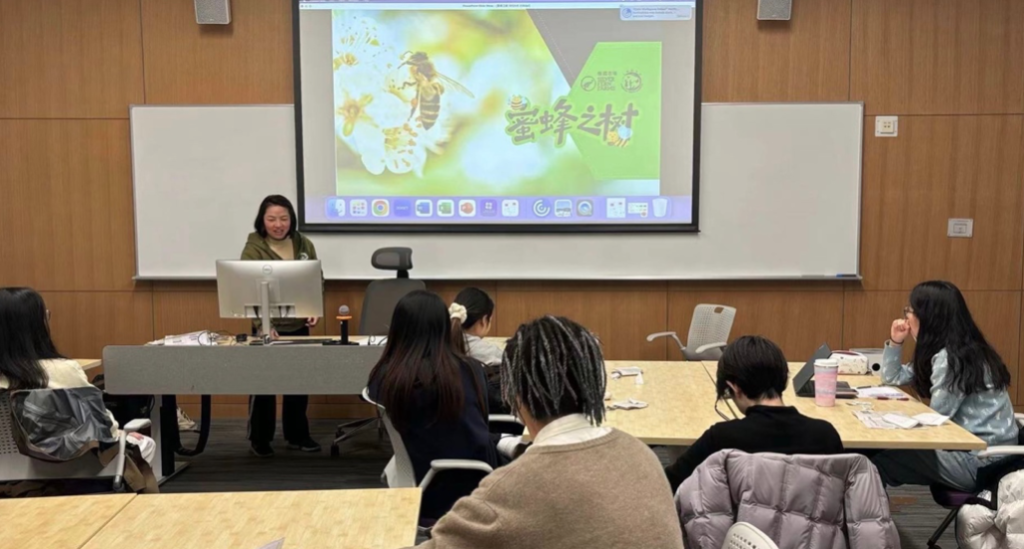
In addition to teaching techniques, we also addressed some logistical issues, such as how to enter the school and the scope of topic selection. Although the training session was lengthy, the “knowledge” was dense, and the formats were diverse. I believe everyone will be able to flexibly apply the knowledge to mentoring in the future.
Written by Zhengyang Wan



